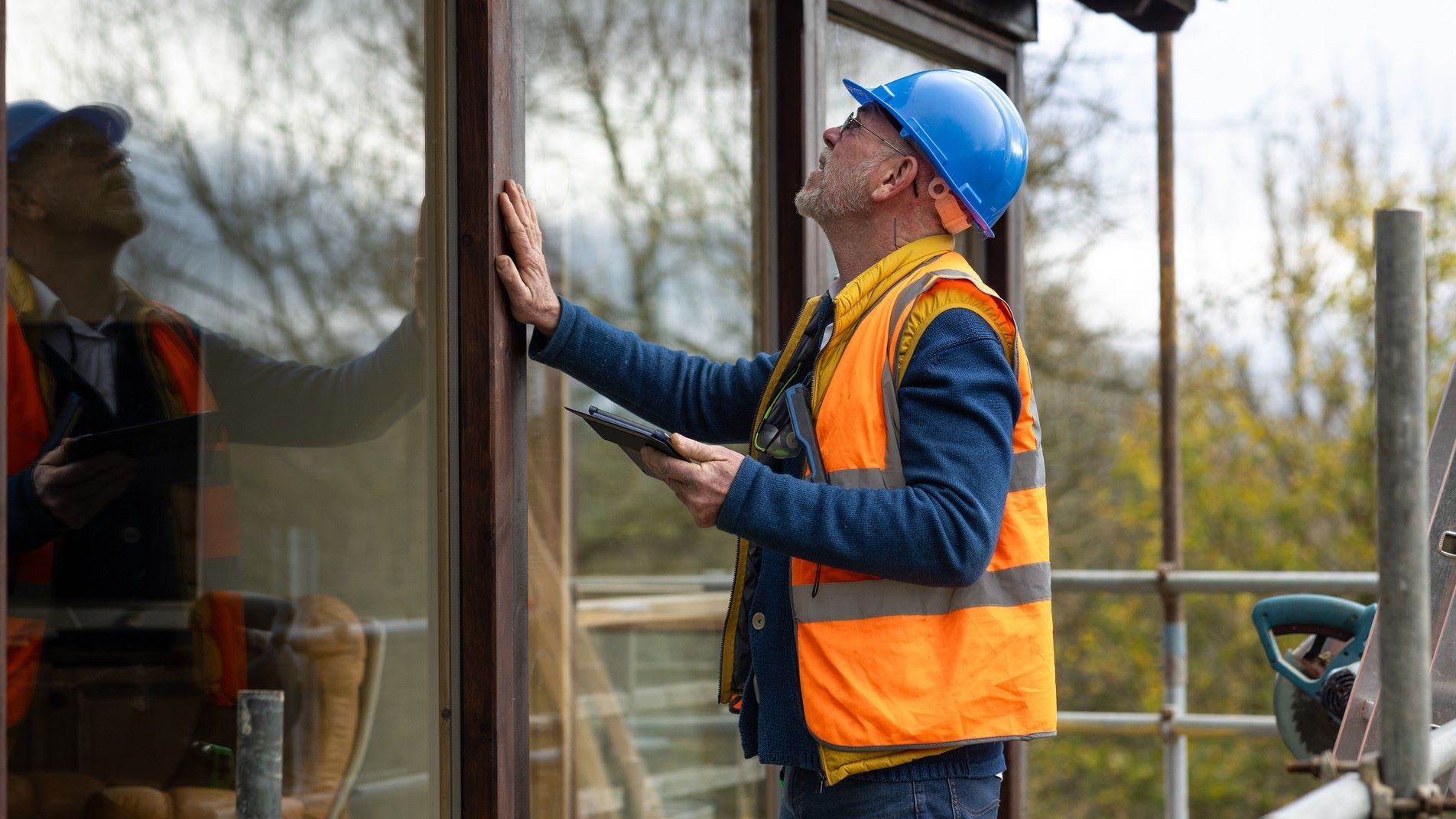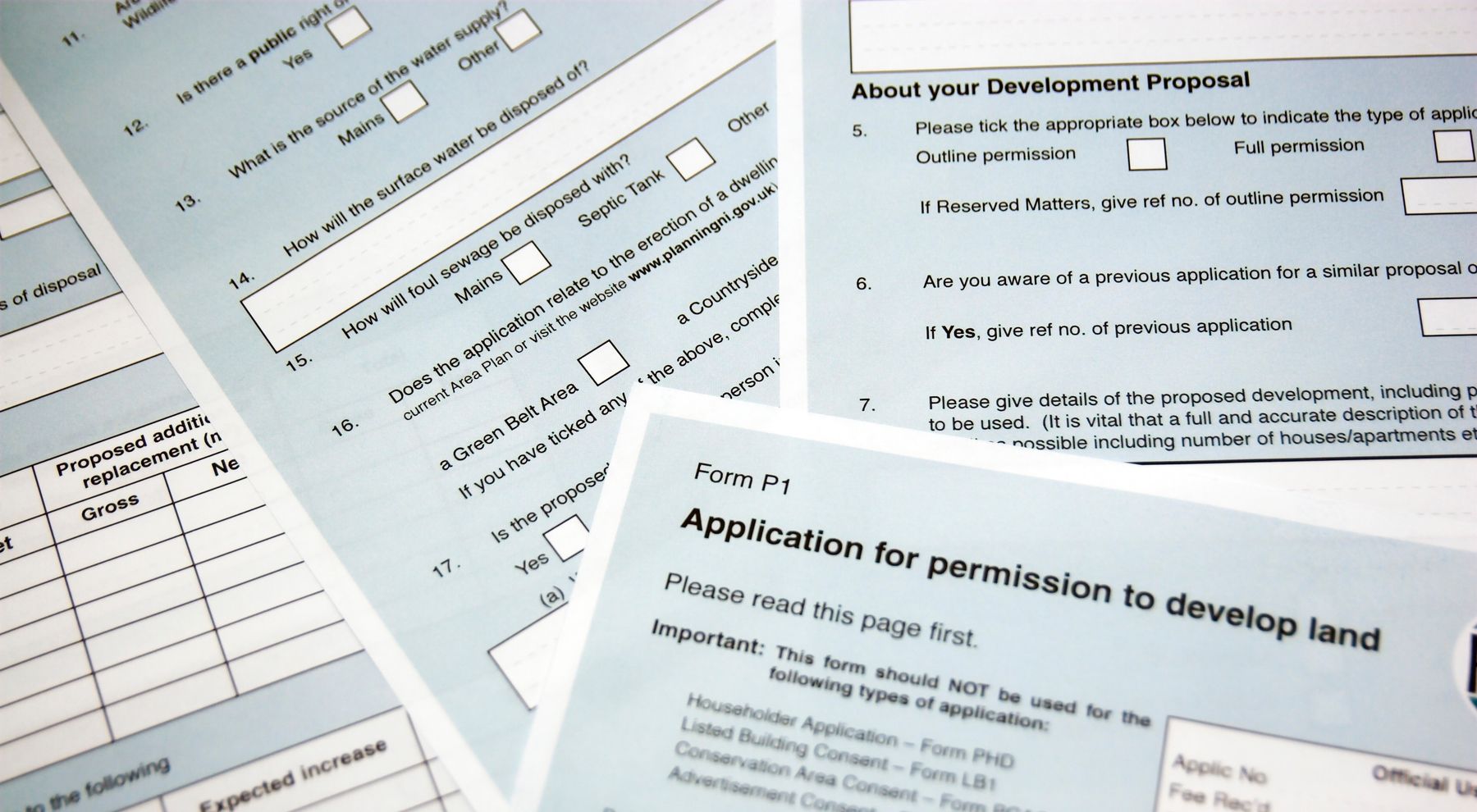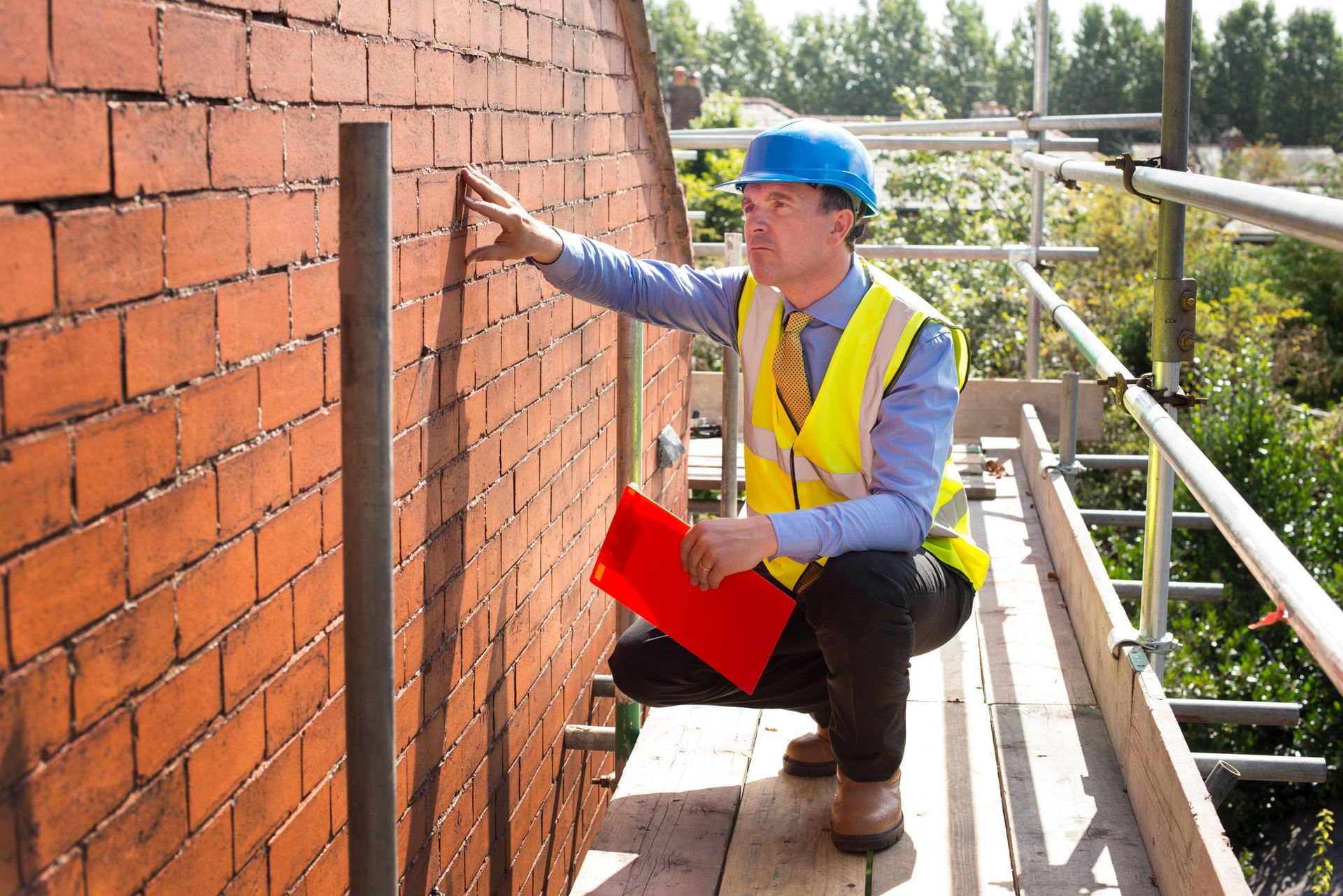What are the laws around planning permission?

Whether you’ve hired chartered building surveyors to plan an extension on a residential property or to construct a brand new office in the city, it’s likely that you’ll hear lots of terms and phrases thrown about as your surveyors plan your new build. Inevitably, one of these terms will be “planning permission”.
Planning permission is the official “yes” from your local authority with regards to the construction or alteration of any buildings you own. If granted, a building permit will give you formal permission to build a new home or office, complete a property extension, or make any other large-scale developments to your building, such as adding a balcony. You may also need planning permission if you intend to change the use of your building, such as turning a residential property into an office. Without the relevant permission, you won’t have the legal right to complete this work.
The topic of planning permission is a complex one. There are lots of rules and regulations to be aware of to ensure that you’re completing work safely and in line with all current legislation. It is always advisable to discuss the ins and outs of property legislation with your local authority before planning a build, to ensure that you’re getting the most accurate and up to date planning permission advice possible. However, to give you some idea of the laws surrounding planning permission, we at Simon Levy Associates have put together our very own guide with frequently asked questions and information you may not have previously known.
When is planning permission required?
First of all, when might you need planning permission? There are typically three circumstances in which you’ll need planning permission from your local planning authority (LPA). These include:
Erecting a new building
If you plan to construct an entirely new building, whether residential or commercial, you’ll need to seek permission from your local planning authority. You can submit an application for any piece of land in England and don’t need to own the land to have your request accepted.
When deciding whether or not to accept or reject your application, the LPA may decide to ignore responses and objections from your neighbours or other residents of the local area. If, however, there is a huge backlash to your proposed building works, the local authority may take this into account.
Making a major alteration to your building
If you already own property but want to make a major change, such as building a property extension, you may be required to apply for planning permissions. There are some instances where extensions are classified as “permitted development” (i.e. not requiring planning permission). These include extensions and additions which adhere to a number of conditions. The full list can be found here .
Changing the purpose of your building
Currently, all land and buildings are categorised into “uses” as determined by the Town and Country Planning (Use Classes) Order of 1987 . If you want to change the current use of your building you may need planning permission, even if the changes you plan to make don’t appear to require actual building works. There may be some instances where a change of use is permitted without formal permission, such as a restaurant space being turned into a hairdressing salon, however, it’s always advisable to double check with your LPA for the most up to date regulations.
What happens if my planning permissions application is rejected?
Although the majority of applications are accepted in the UK, there are some instances where you won’t be granted approval for your planned construction project. However, if you decide to go ahead and complete the work without the relevant permission, you may be given an enforcement notice. An enforcement notice will force you to take down any work you have completed and reverse any changes until the property has been stripped to its original condition.
If you choose to ignore the rules and regulations set out by your enforcement notice, you could face prosecution. Failing to reverse all prohibited changes to your property is against the law, so you may be taken to court, fined or sentenced if you don’t act in due timing. If you believe you’ve been wrongly served an enforcement notice, you can file an appeal to your LPA asking them to drop the charges against you. If you aren’t served an enforcement notice within four years of the building work being completed, your building is then exempt from enforcement action.
Rejected planning permissions can also be appealed, so this may be something you consider if you’re still hoping to go ahead with your construction project. Discuss your application with your local planning authority to see if you can come to an agreement. This may mean changing your plans so be prepared to compromise with planning permission officials.
What are the terms of my planning permissions agreement?
Once you’ve had your planning permissions application accepted, you will need to make a start on the approved work within three years. If you don’t, you may need to reapply to ensure that the permission from your LPA is still legal and up to date.
If your application was accepted on the grounds that you’ll make listed changes to your desired plot of land or building design, you’ll also need to meet these criteria within an agreed time frame. Failing to do so could lead to a “breach of condition” notice - a notice that you won’t be able to appeal and one which could even result in prosecution.
Once you have obtained planning permission, you will need to adhere to the conditions agreed upon by you and your LPA. If you decide to make alterations, you will need to discuss this with your local planning authorities to see if you need to reapply for full planning permission or whether a non-material amendment is substantial.
Can structural engineers, architects or chartered surveyors apply for planning permissions on my behalf?
As a property owner, you may only have a limited understanding of planning permissions and building regulations. The chances are that you’ve hired a structural engineer, architect or building surveyor to help with your project and to offer advice on the ins and outs of the construction process. In this case, you may appoint them to apply on your behalf to ensure that everything is taken care of quickly, efficiently and thoroughly.
What is a party wall notice?
When dealing with issues of planning permission, you may have heard of a “party wall notice”. But, what is it and why is it relevant? Although it’s different to gaining planning permissions and building regulations, and shouldn’t be confused with either process, the Party Wall etc Act of 1996 is an essential piece of legislation for the prevention and resolution of neighbourly disputes.
It is, therefore, something you may need to consider when undertaking building works, in addition to meeting all terms set out by the relevant planning permission. The Act covers building works to existing party walls, excavations near the foundation level of nearby buildings, and building on or near the boundary of two buildings. For more information about the Party Wall etc Act 1996, please click here or get in touch with us at Simon Levy Associates for honest and accurate advice.
Simon Levy Associates: Chartered building surveyors offering property surveys, insurance claims advice and planning permission services to clients in Greater London and the South East
Are you in need of specialist planning permission advice in Borehamwood? Do you need a full house survey carried out on a property you’re hoping to purchase? Could honest advice help speed up the process of your building insurance claim? If yes, look no further than the professionals at Simon Levy Associates.
Based in Borehamwood, Hertfordshire, we’re a team of chartered building surveyors with over 30 years of quality industry experience. We’re proud to deliver excellent customer service in every instance and can assist with a range of different services, including party wall matters, dilapidations, domestic building work and structural surveys. So, whether you’re dealing with a residential or commercial property across Greater London or the South East, trust us at Simon Levy Associates to guide you from A to B.
For more information about our range of services, get in touch with our team of property experts today.











